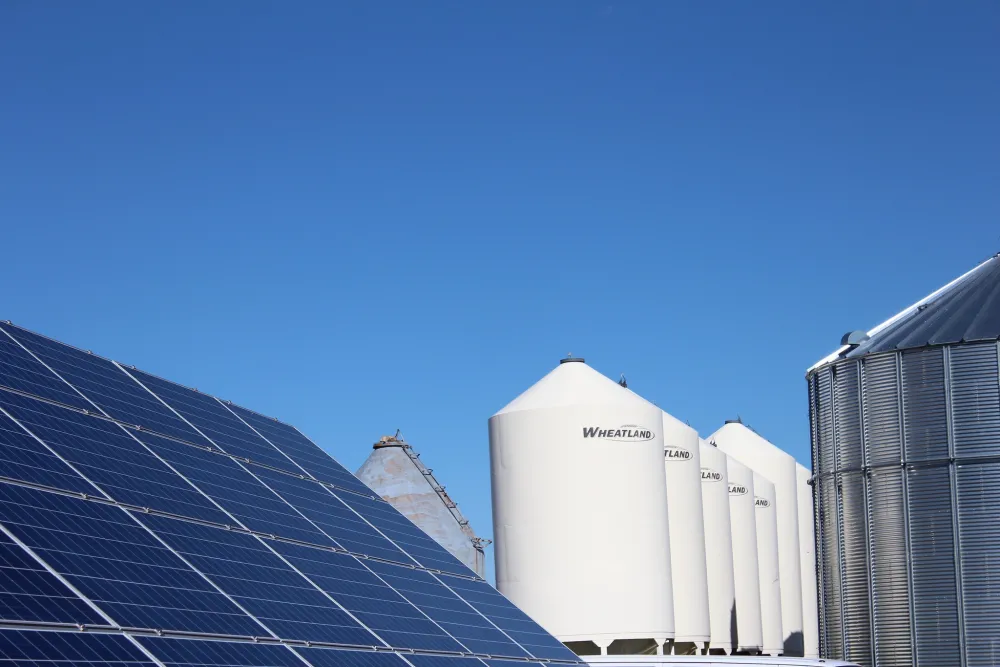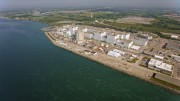As we get ready for spring in Alberta, let’s take a moment to reflect on some remarkable events that happened this winter. No, I am not talking about the recent glorious snowfall, but rather the two hours and 14 minutes when solar power eclipsed coal-fired power on our electricity grid.
Coal-fired power is a sunset industry in this province, while renewable energy is on the rise. In fact, as identified by University of Alberta professor Andrew Leach, Alberta will soon see solar power reach a peak output of over one gigawatt (GW).
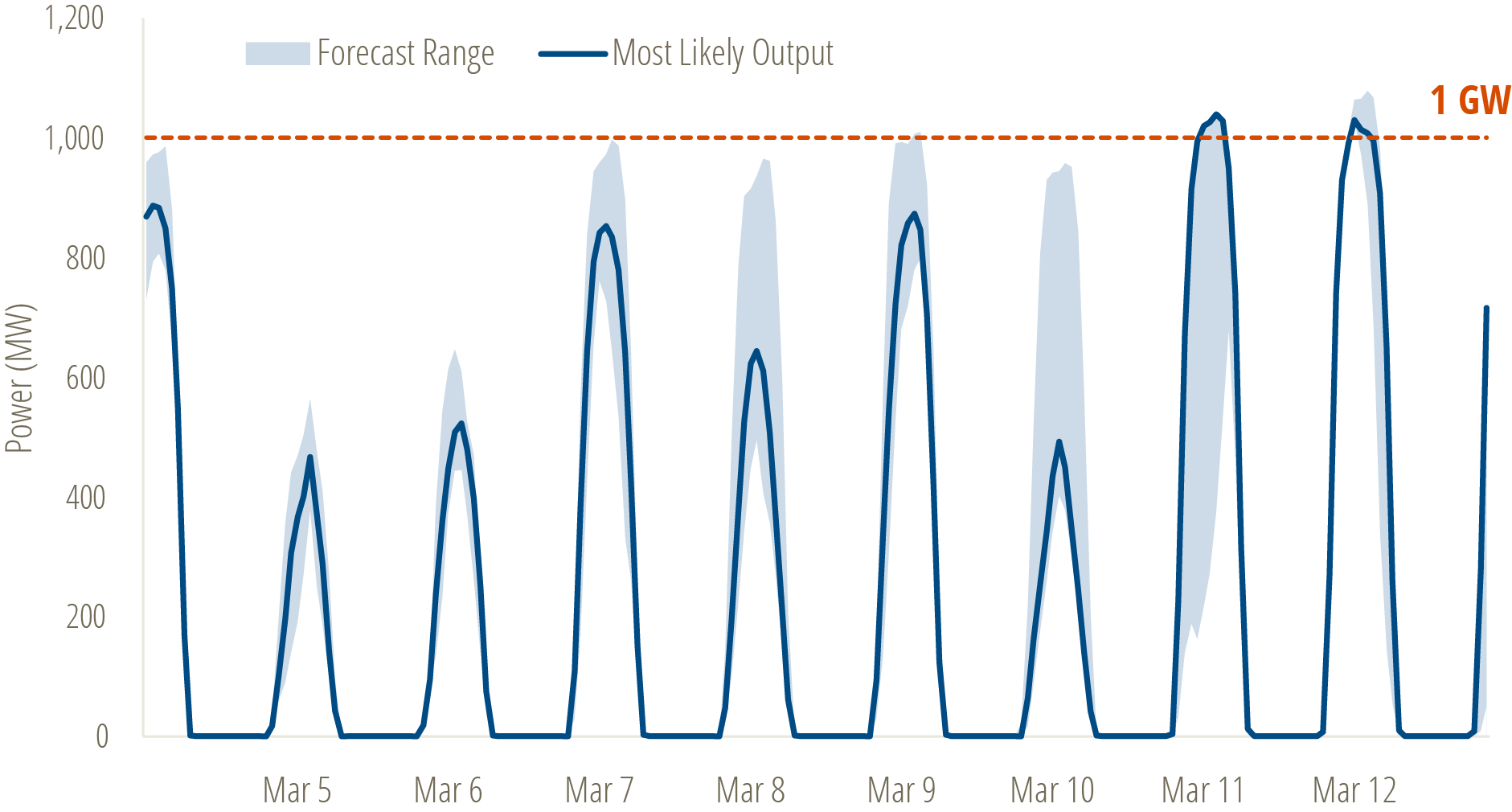
Figure 1. Seven-day solar power forecast in Alberta, March 4 through March 13, 2023
Data source: AESO
This reality showcased itself in several instances when solar power exceeded coal between October and January. The latest — lasting 26 minutes on January 24 — will be the first of many such milestones we will see on the grid this year as we get closer to burning the last lump of coal in December 2023.
This decline of coal use brings huge benefits, including improved air quality, fewer greenhouse gas emissions and introduction of cheaper renewables.
More renewable generation than coal
As Leach pointed out, on January 24, 2023, electricity from solar (which makes up six per cent of Alberta’s total installed capacity) exceeded that from coal for 26 minutes total. This has only happened three times before:
- October 7, 2022, for 20 minutes - providing 8 per cent of the Alberta Internal Load
- October 13, 2022, for 10 minutes — providing 8 per cent of the Alberta Internal Load
- December 10, 2022, for 1 hour and 44 minutes (nonconsecutively).
Wind has blown past coal even more often than solar and for longer periods of time. In November 2022, wind generated more electricity than coal for 164 hours straight — that’s almost an entire week. During those hours, cumulative wind generation was nearly 1.5-times that of coal, providing 323 gigawatt-hours (GWh) of carbon-free electricity to the grid. In 2022 alone, wind generation exceeded coal generation for a total of 2,634 hours (almost 110 days).
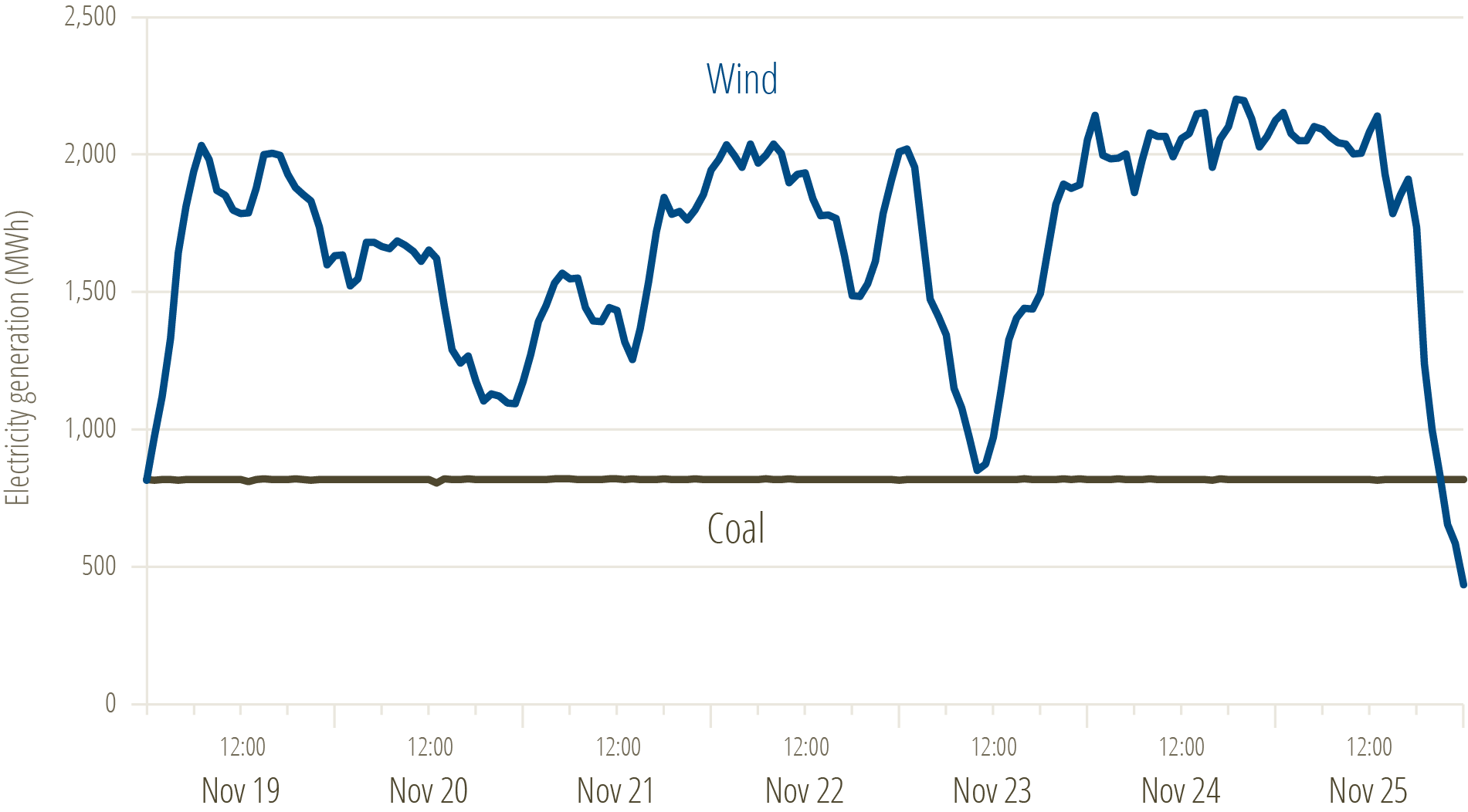
Figure 2. Wind and coal-fired generation in Alberta, November 19 through 26, 2022
Data source: AESO
While there have only been a few — and short — instances of renewables overtaking coal, it’s just the beginning of the shift we are seeing in our grid as coal is phased out and as Alberta moves towards an emissions-free grid, which it must do to align with Canada's commitment to net-zero electricity generation by 2035.
An emissions-free grid can be both affordable and reliable. Prices of clean energy technologies have fallen dramatically in recent years and can compete even with costs of new gas-fired generation. Battery and pumped storage, along with better transmission links between provinces and efficiency improvements on the grid itself, would bolster reliability.
How did we get here: Alberta’s coal capacity shrinks
The beginning of the end started in 2012 when the federal government under Prime Minister Stephen Harper created Canada’s first coal phase-out regulation. While ground-breaking for its time, the regulation set a slow pace for retirements, and would have seen Alberta close its last coal plant in 2061.
That changed in 2015 with the introduction of an accelerated 2030 coal phase-out mandate. A constructive carbon pricing mechanism and the cost-effectiveness of competing technologies spurred Alberta’s generators to operate their coal plants less and make prompt plans to stop relying on coal.
Our current schedule — driven by the decisions that generators are making — is way ahead of the 2030 schedule. Alberta is down to only two coal power plants (Genesee unit 1: 400 megawatts (MW) and unit 2: 420 MW) and one plant that is capable of using coal and gas (Genesee unit 3: 466 MW).
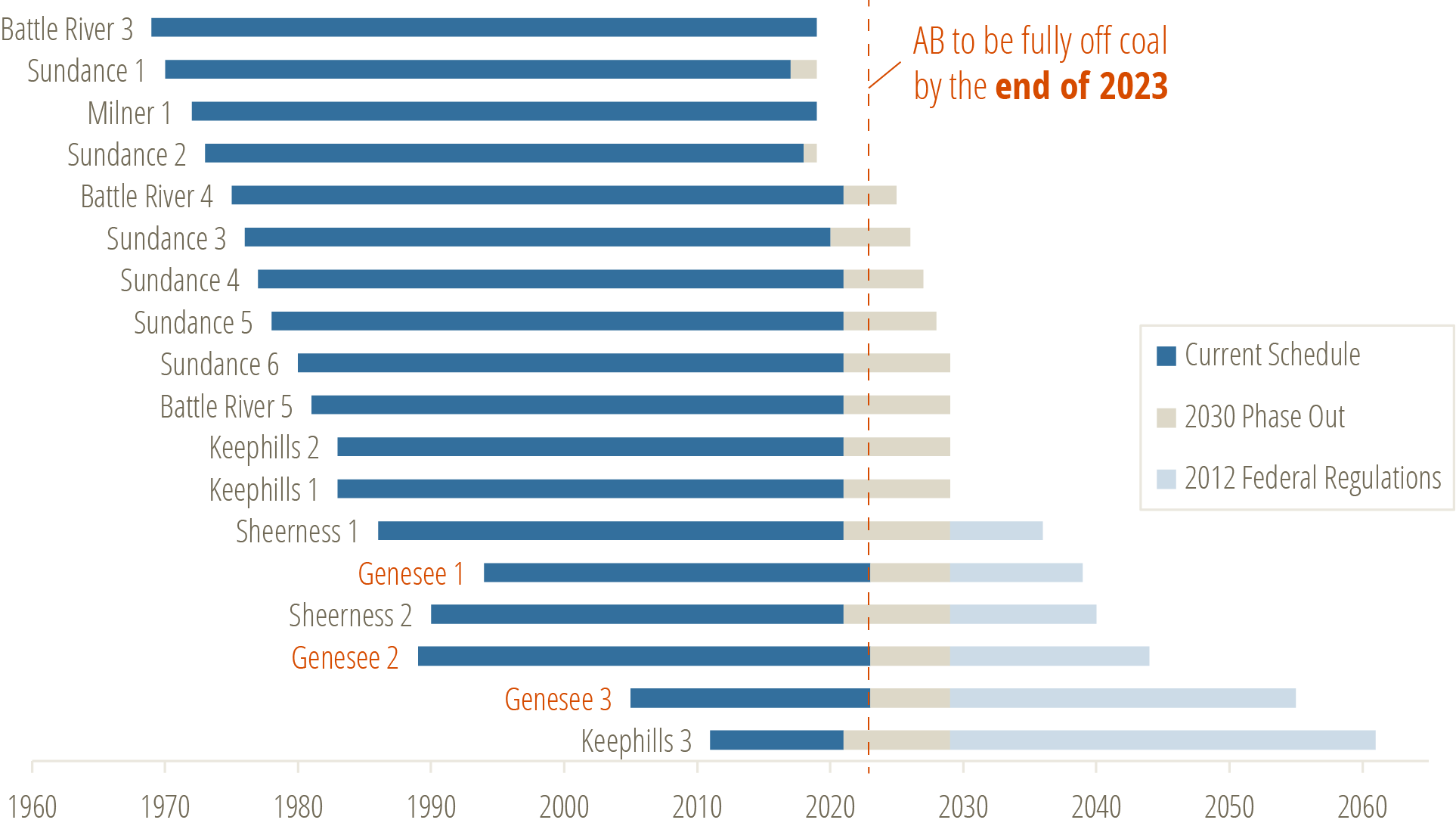
Figure 3. Accelerated retirement schedule of Alberta’s coal fleet relative to past policy scenarios
Data source: compiled by Pembina Institute
Albertans benefit as we move away from coal
Coal-fired power plants emit high levels of greenhouse gas emissions. They also produce air pollutants that are linked to an increased risk of developing illnesses or exacerbating pre-existing conditions within populations.
The Regulatory Impact Analysis Statement by the federal government found that the 2012 federal regulations would result in 900 fewer premature deaths in Canada between 2015 and 2035, 120,000 fewer asthma episodes and over $4.2 billion in avoided health outcomes. A coalition of health organizations and the Pembina Institute extrapolated these modelled health benefits to estimate that coal caused around 92 premature deaths and nearly $500 million of avoidable health outcomes in 2015 in Alberta alone.
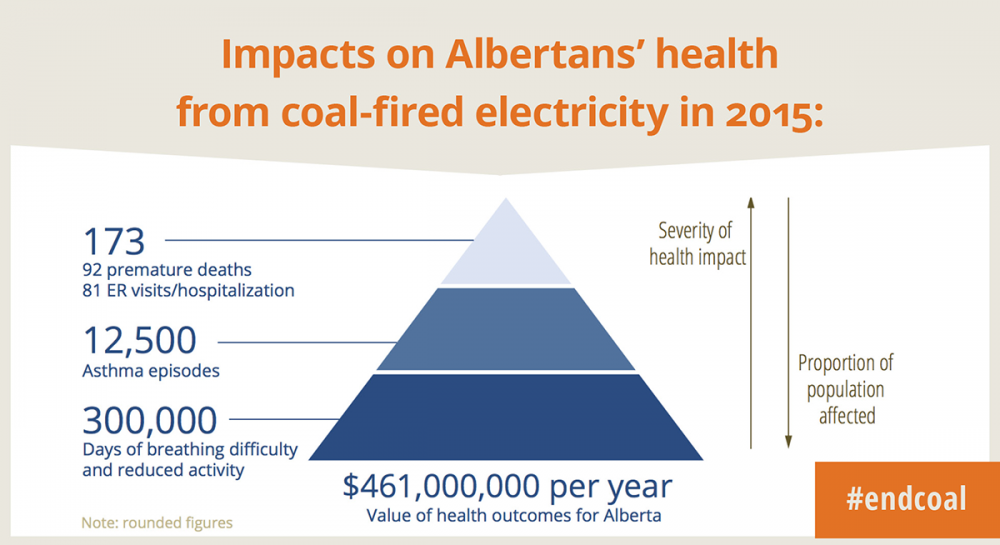
Figure 4. Health impacts that may be avoided with the retirement of coal-fired generation in Alberta
Source: Pembina Institute
Way forward with a net-zero grid
Given the economic, climate and health benefits of renewables and other clean energy sources, Canada has committed to achieving a net-zero emissions grid by 2035. But the success of Alberta’s rapid coal phase-out has given rise to more gas-fired generation. This raises the risk of supplanting the benefits of coal phase-out with the downsides of locking in unabated gas-fired power, including emissions, stranded assets and increasing the vulnerability of Albertans to volatile fossil fuel prices.
At the same time, Alberta has shown it can also rapidly deploy renewables. Corporate renewable energy deals announced since 2019 will support $3.75 billion of new construction by 2023, as well as nearly 4,500 new jobs. So, let’s build off this positive momentum and create a made-in-Alberta plan as soon as possible that will get us to a net-zero grid by 2035.


